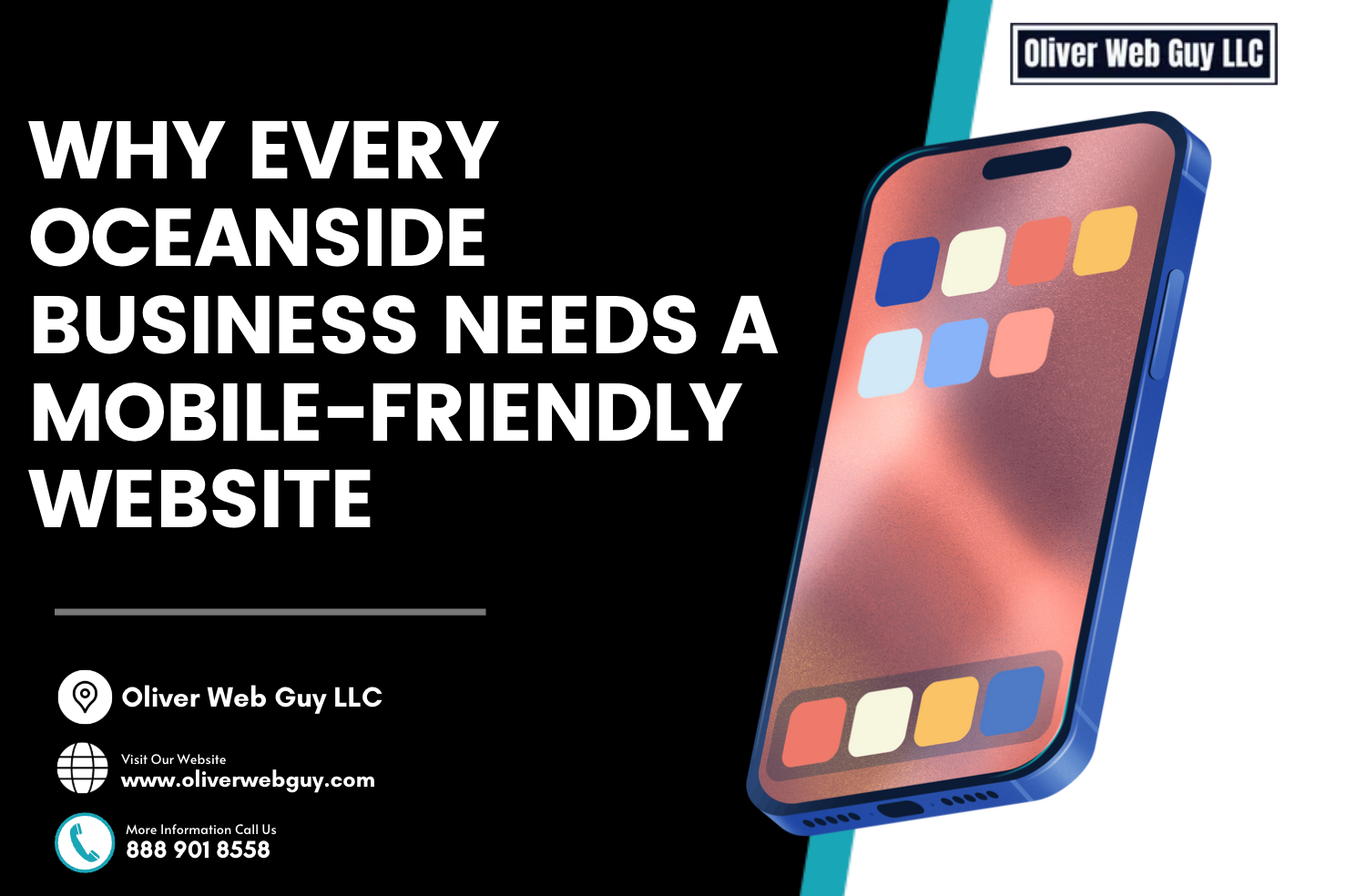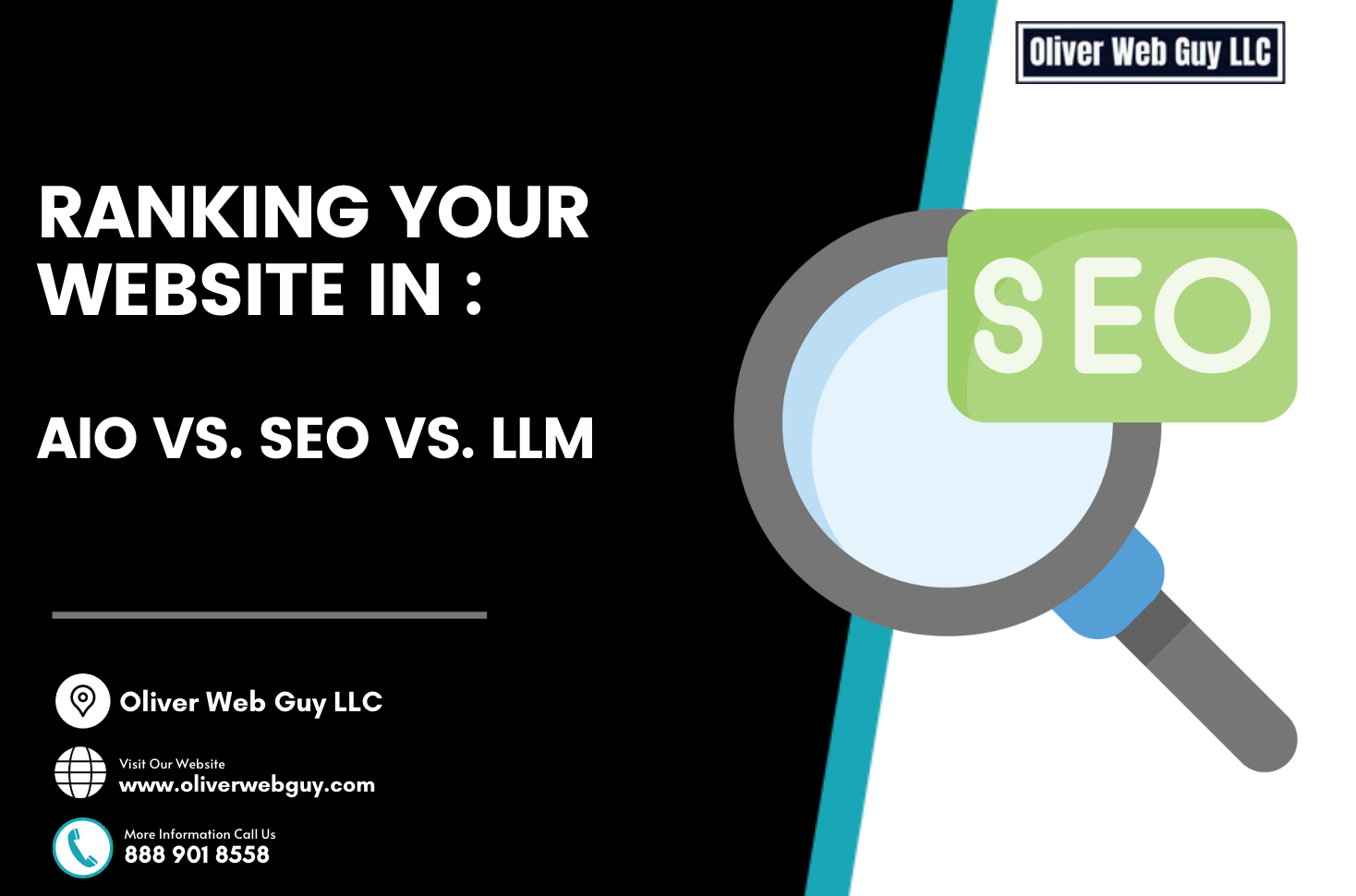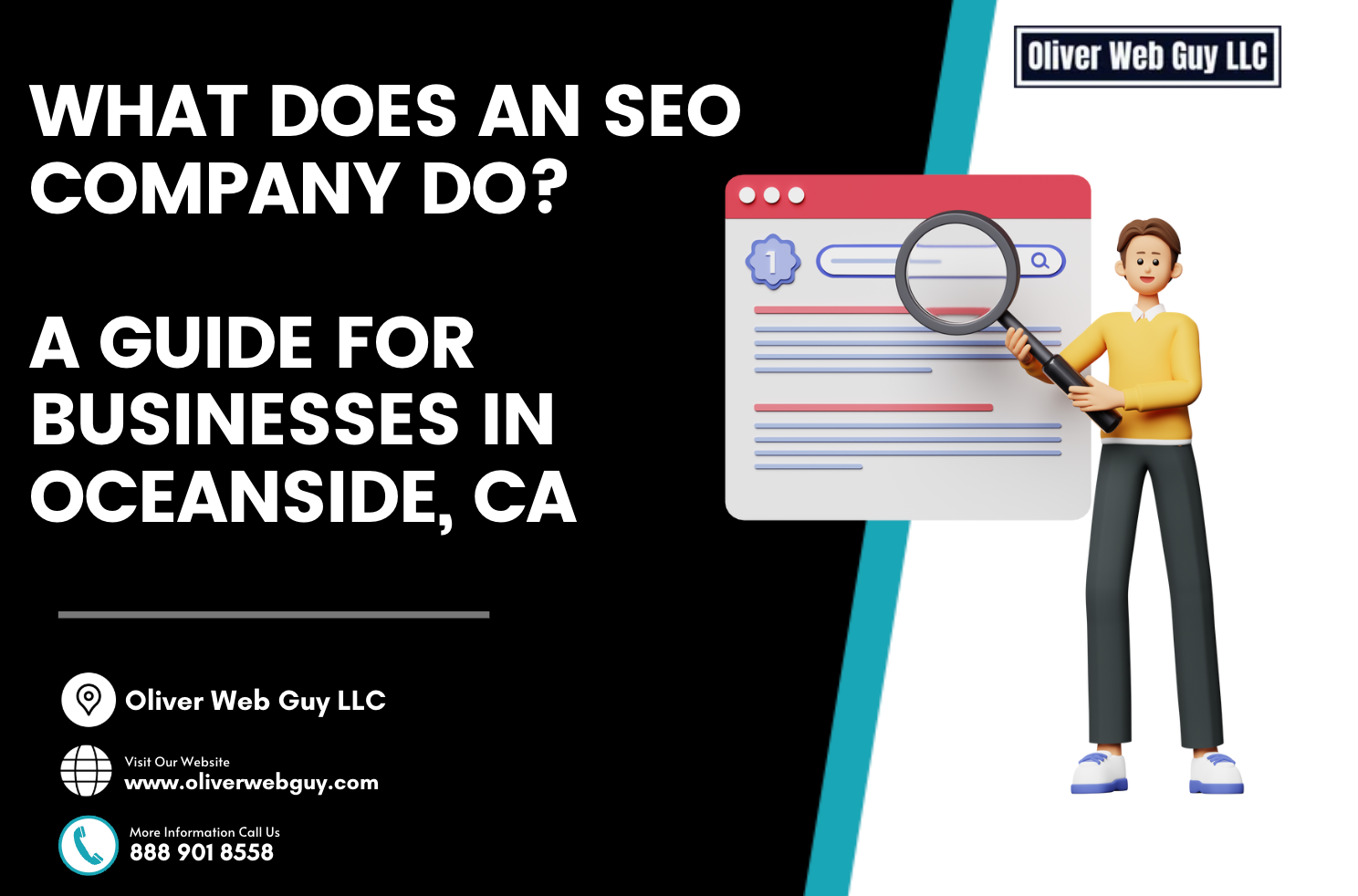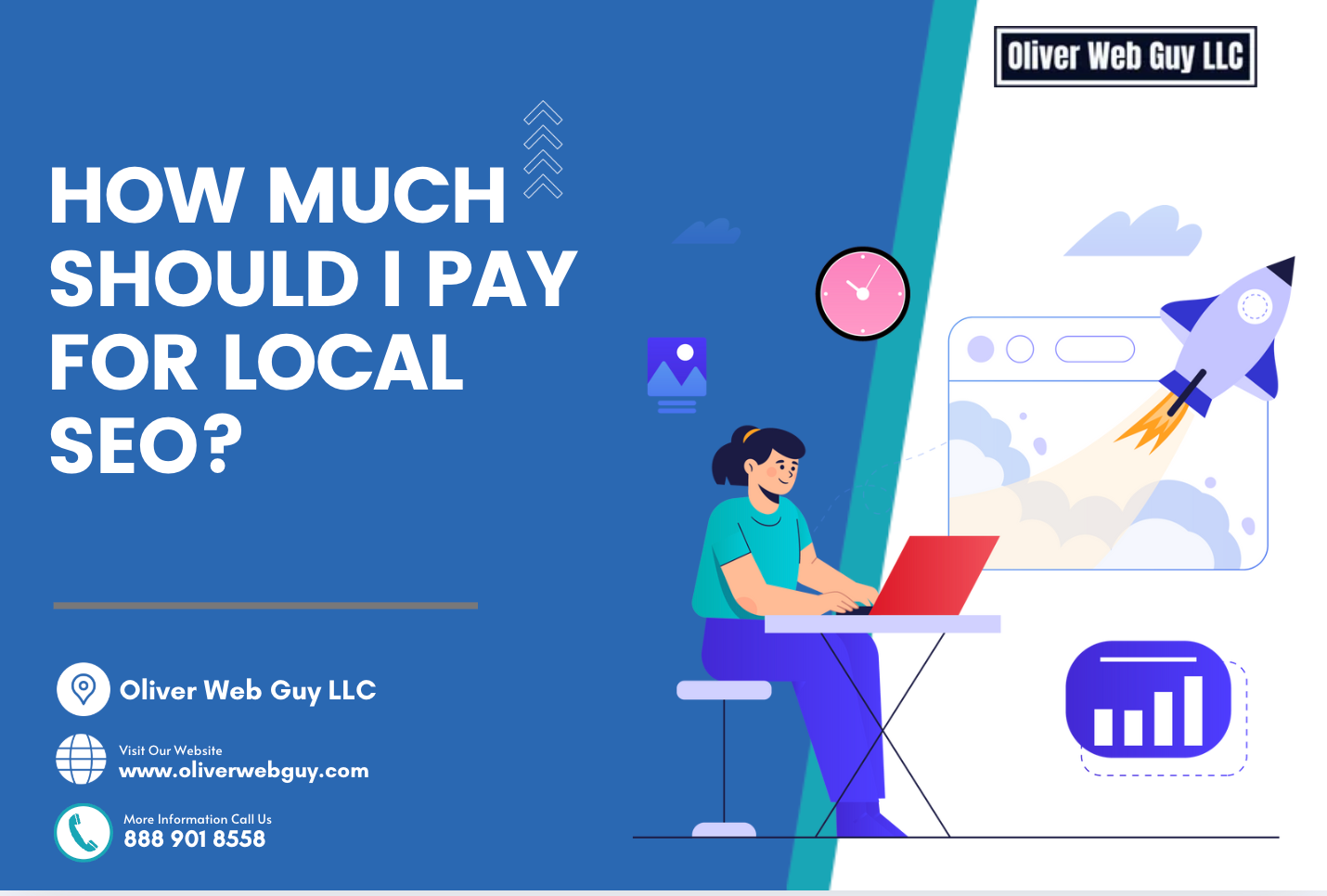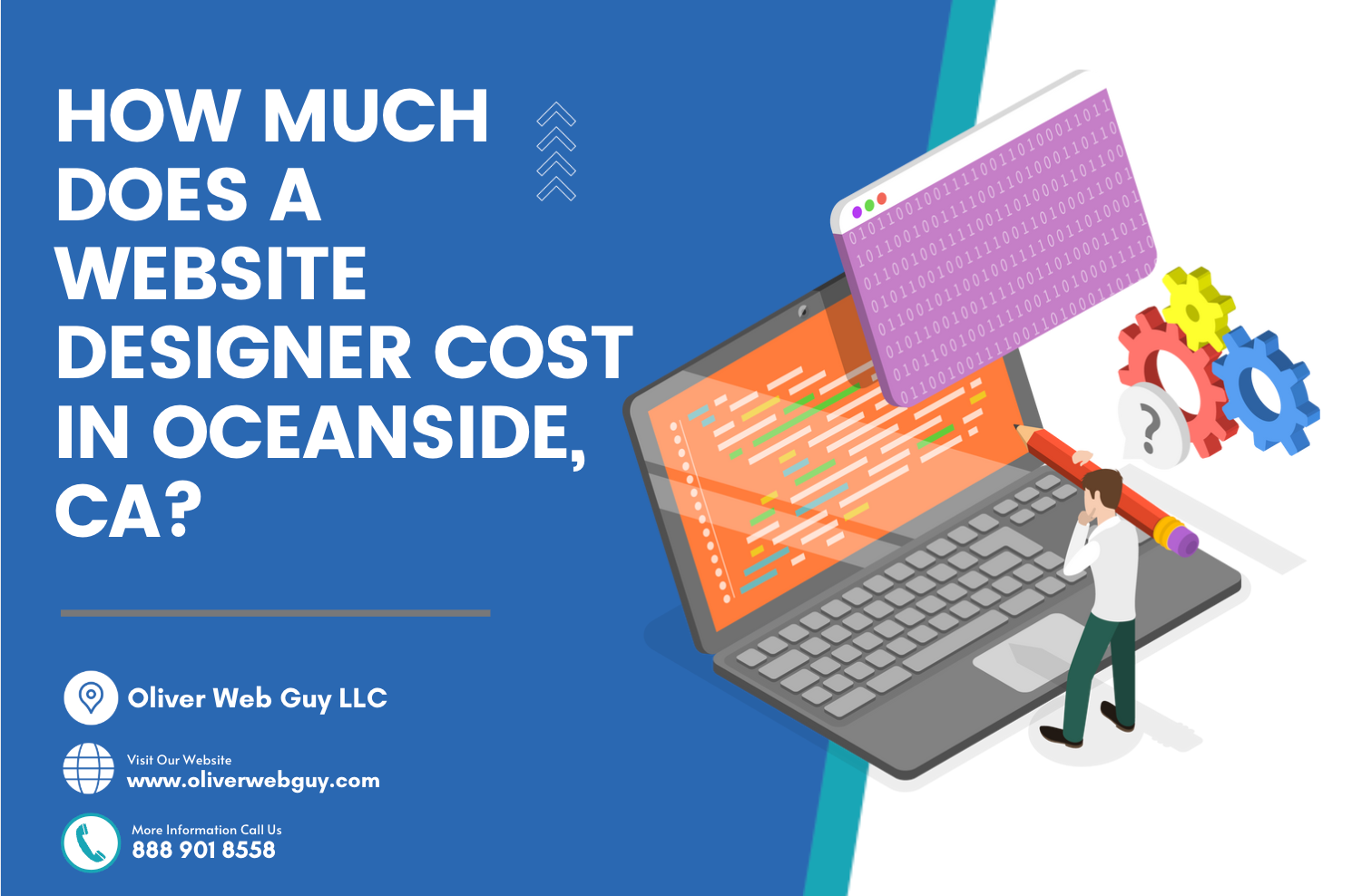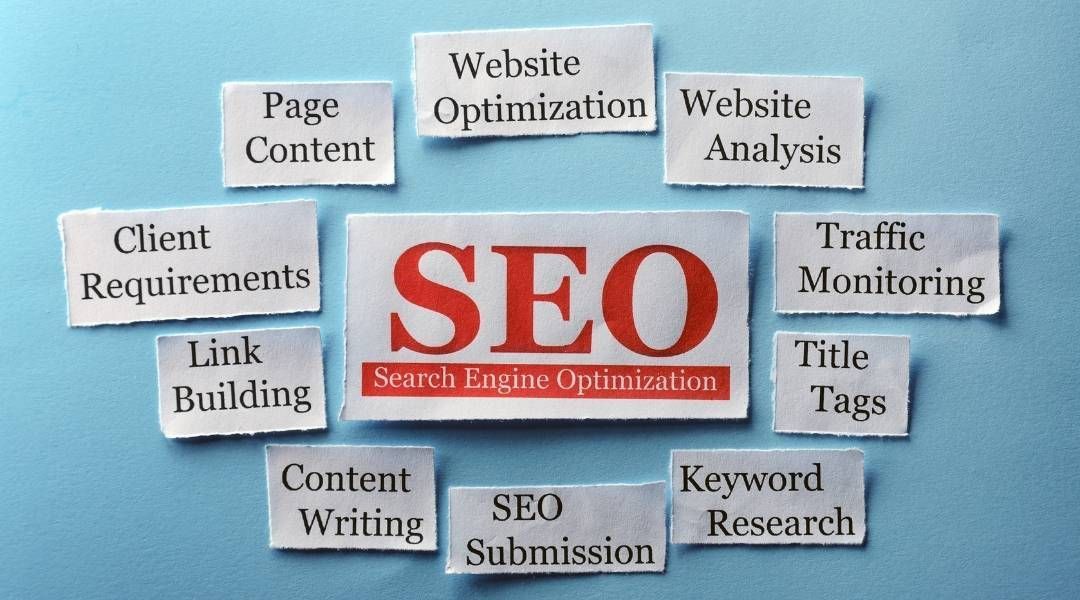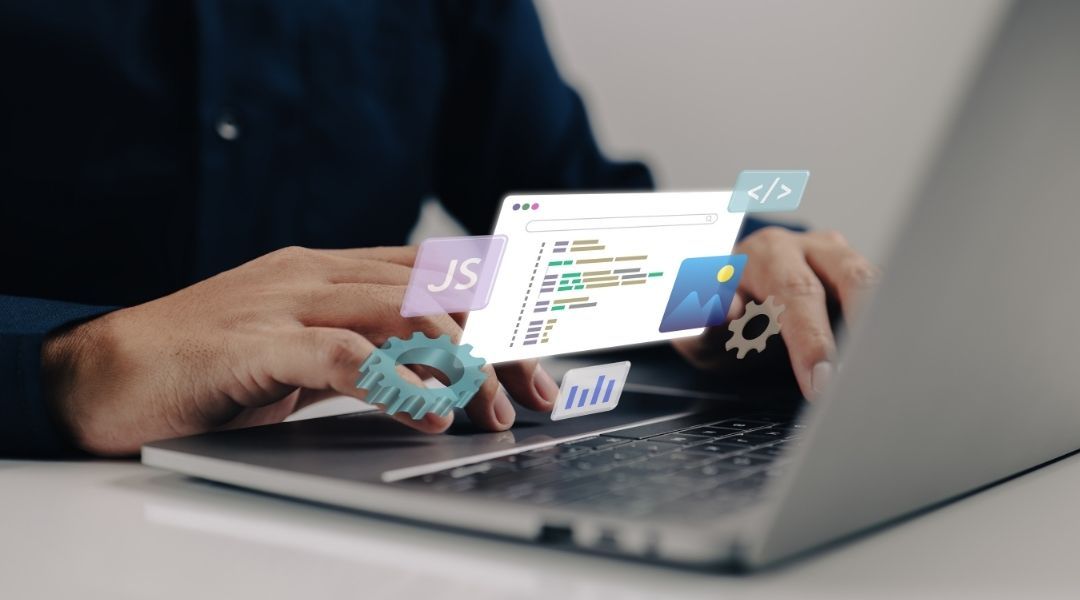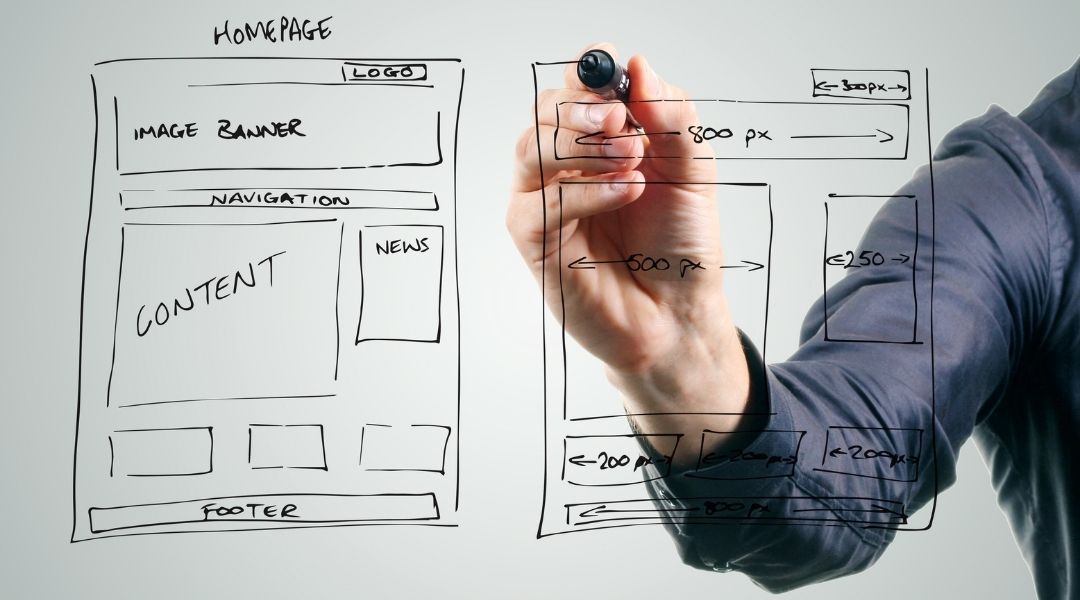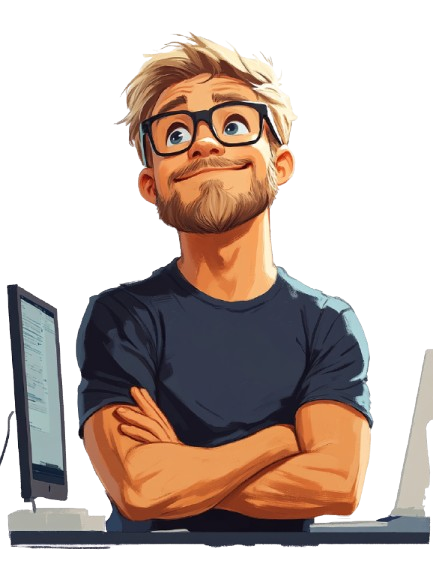Is Web Design Dead in 2023? Exploring the Future of the Industry
In an era dominated by artificial intelligence (AI), virtual reality, and ever-evolving technologies, a pressing question has emerged: Is web design dead in 2023? To address this inquiry, we must delve into the world of web design, examining its past, present, and potential future. This article will explore various aspects of the web design industry, including the role of AI, the impact of website builders, and emerging trends shaping the field.
A Trip Down Memory Lane: The Ghost of Web Design Past
In the early days of the internet, web designers painstakingly crafted digital masterpieces by hand, one line of code at a time. Websites were simpler, often featuring garish color schemes, animated GIFs, and a smattering of '90s pop culture references.
Since then, the web design landscape has evolved dramatically. AI-driven website builders, sleek templates, and a slew of drag-and-drop tools have seemingly taken the reins. But does this signal the end of an era or merely the beginning of a new chapter in web design?
The Rise of AI and the Battle for Web Design Supremacy
In recent years, artificial intelligence has made significant strides in web design. From generating color palettes and typography to crafting entire layouts, AI has encroached on the territory once ruled by human designers.
Will AI Replace Human Web Designers?
While AI's capabilities are undeniably impressive, they lack one crucial ingredient: the human touch. Web design is an art form, requiring intuition, creativity, and empathy—uniquely human qualities. So, while AI may be a formidable ally, it's far from being the harbinger of doom for web design professionals.
DIY Website Builders vs. Custom Design: The Showdown
Aspiring entrepreneurs and businesses have two choices when launching their online presence: use a do-it-yourself website builder or hire a custom web designer.
Are Website Builders Proof That Web Design is Dead?
Although website builders like Wix, Squarespace, and WordPress have democratized web design, making it accessible to the masses, they're not without limitations. For instance, they may lack the flexibility and customization options required for a truly unique, memorable online presence.
Custom web design, on the other hand, offers endless possibilities for crafting an authentic, one-of-a-kind digital experience. In the hands of a skilled designer, a website can become a true reflection of a brand's identity.
Thus, while DIY solutions serve a purpose, they haven't quite managed to dethrone the art of web design.
The Evolution of a Web Designer's Toolbox
Throughout the years, the tools and technologies used by web designers have seen dramatic changes. From mastering HTML in the early years to working with advanced languages like PHP, JavaScript, and CSS, web designers have constantly adapted to the latest advancements.
Today, a variety of website builder tools and advanced programs have made the process of creating websites faster and easier.
Do These Tools Spell the End for Web Design?
To answer this question, we must consider the factors that contribute to the belief that web design is dead and the truth behind this ever-evolving industry.
Reasons Some Believe Web Design is Dead
Website builders:
Sophisticated tools, such as Wix, Squarespace, and WordPress, enable users to create websites without coding knowledge. However, instead of rendering web designers irrelevant, these tools have become valuable assets for them to fulfill their client's requirements.
Templates:
Although many websites depend on ready-made templates for structure and design, this doesn't imply that web designers are no longer necessary. The very designers who craft these templates exemplify the sustained need for their expertise.
Content management systems (CMSs):
Platforms like WordPress simplify the process of adding and customizing content without the need for coding. Yet, these systems serve as additional resources for web designers to optimize their workflow.
Artificial intelligence (AI):
AI-powered systems are now capable of building websites without human involvement. Despite the remarkable advancements of AI, it has not surpassed the originality and ingenuity that human web designers contribute.
In reality, the web design field has undergone significant transformation and innovation, but it is far from obsolete. The demand for adept web designers continues to grow.
AI in Web Design: Friend or Foe?
AI has impacted countless industries, including web design. Although AI systems can now create websites and perform various tasks previously done by humans, they lack the creativity and customization that experienced web designers provide, especially when catering to businesses with unique needs.
While AI may pose a threat to entry-level positions in web design, top-tier designers should view AI as a valuable set of tools rather than a threat to their jobs.
Embracing the Future: Web Design Trends Shaping the Industry
To further debunk the myth that web design is dead, let's explore some of the latest trends that have emerged in the industry:
Directed web usage:
Designers are now creating customized user experiences that guide visitors to relevant areas of a website based on their interests and behavior.
Standing out from the crowd:
As web templates become less popular, designers are helping clients create personalized websites that differentiate them from competitors.
Accessibility:
Designers are increasingly focusing on making websites accessible to all visitors, including those with hearing or vision impairments, and non-native language speakers.
Consumable information:
To make information more digestible, web designers are incorporating animations, infographics, and soundbites to present data engagingly.
The Art of Adaptation: Web Designers in a Brave New World
Since technology advances at breakneck speed, web designers face the Herculean task of keeping up with the latest trends and innovations, such as responsive design, virtual and augmented reality, voice recognition, and even 3D printing.
By constantly adapting and expanding their skill sets, web designers prove that they are far from obsolete in this ever-changing digital landscape.
The Verdict: Is Web Design Dead, or Merely Transformed?
So, is web design dead in 2023? The answer is a resounding no. While the tools, techniques, and technologies may have evolved, the essence of web design remains very much alive.
Web design is an ever-changing tapestry, woven from the threads of human creativity, technical prowess, and a keen understanding of our digital world.
In the end, while AI and DIY website builders have certainly left their mark on the industry, they have not rendered web design obsolete. Rather, they have inspired designers to push the boundaries of their craft, exploring new frontiers in the digital domain.
Web design is far from dead; it's simply been reborn, ready to face the challenges and opportunities of the future with unbridled enthusiasm and ingenuity.
Oliver Web Guy: The Best Choice for Affordable Web Design in San Diego County
As we've established that web design is alive and well in 2023, it's essential to find the right web designer for your project. Oliver Web Guy is the best choice for affordable web design in San Diego County, offering a perfect balance of creativity, technical expertise, and an understanding of the latest trends shaping the industry. With a proven track record of delivering eye-catching, effective websites, Oliver Web Guy is the ideal partner for businesses looking to make a powerful online presence.

